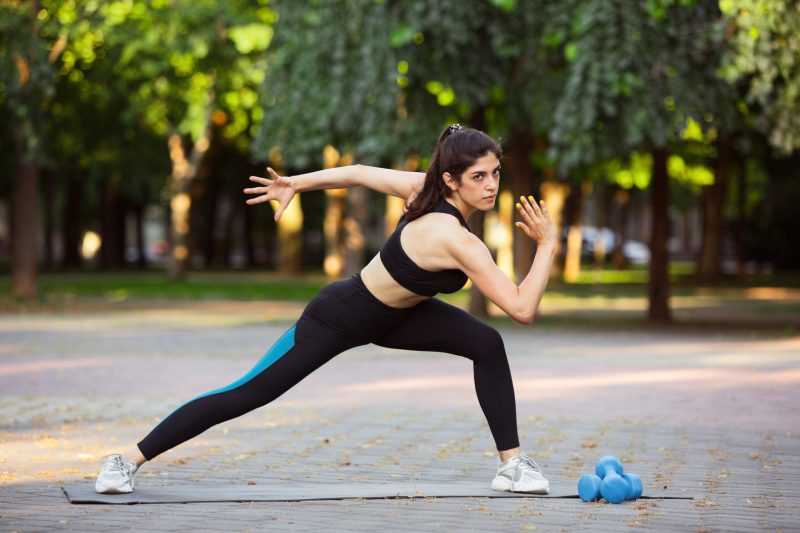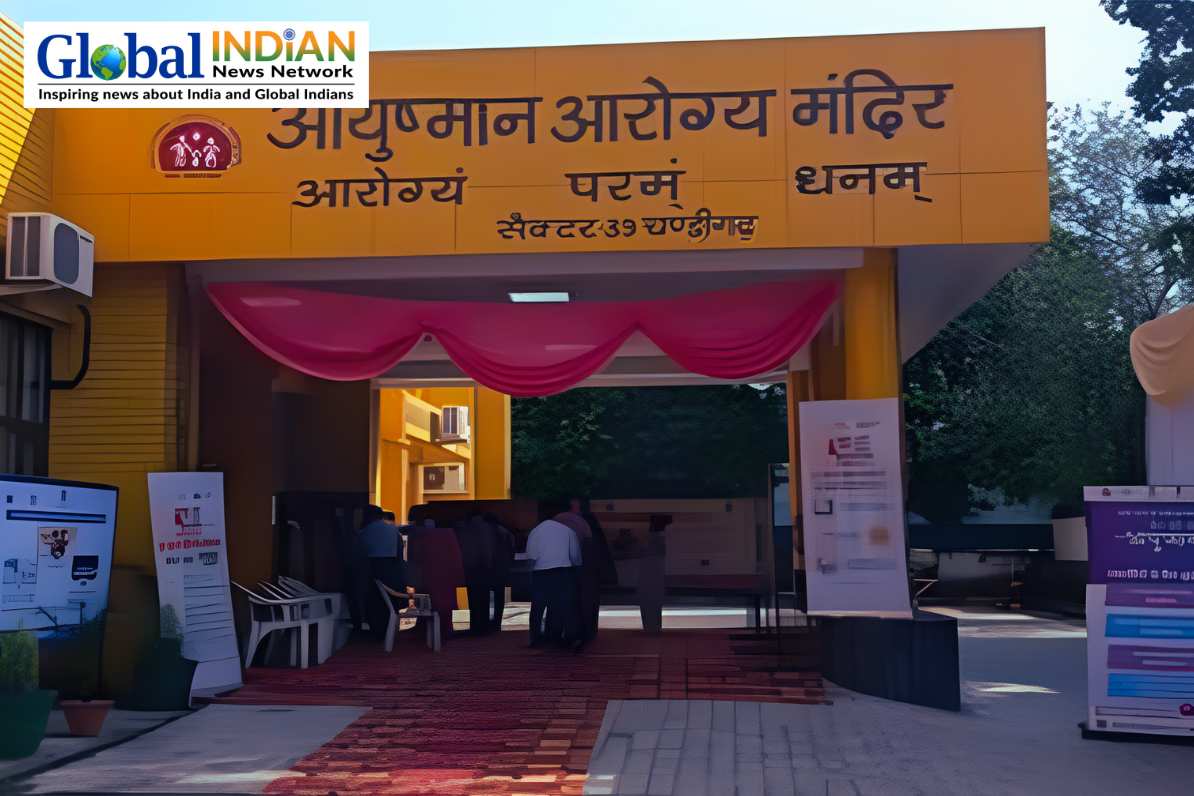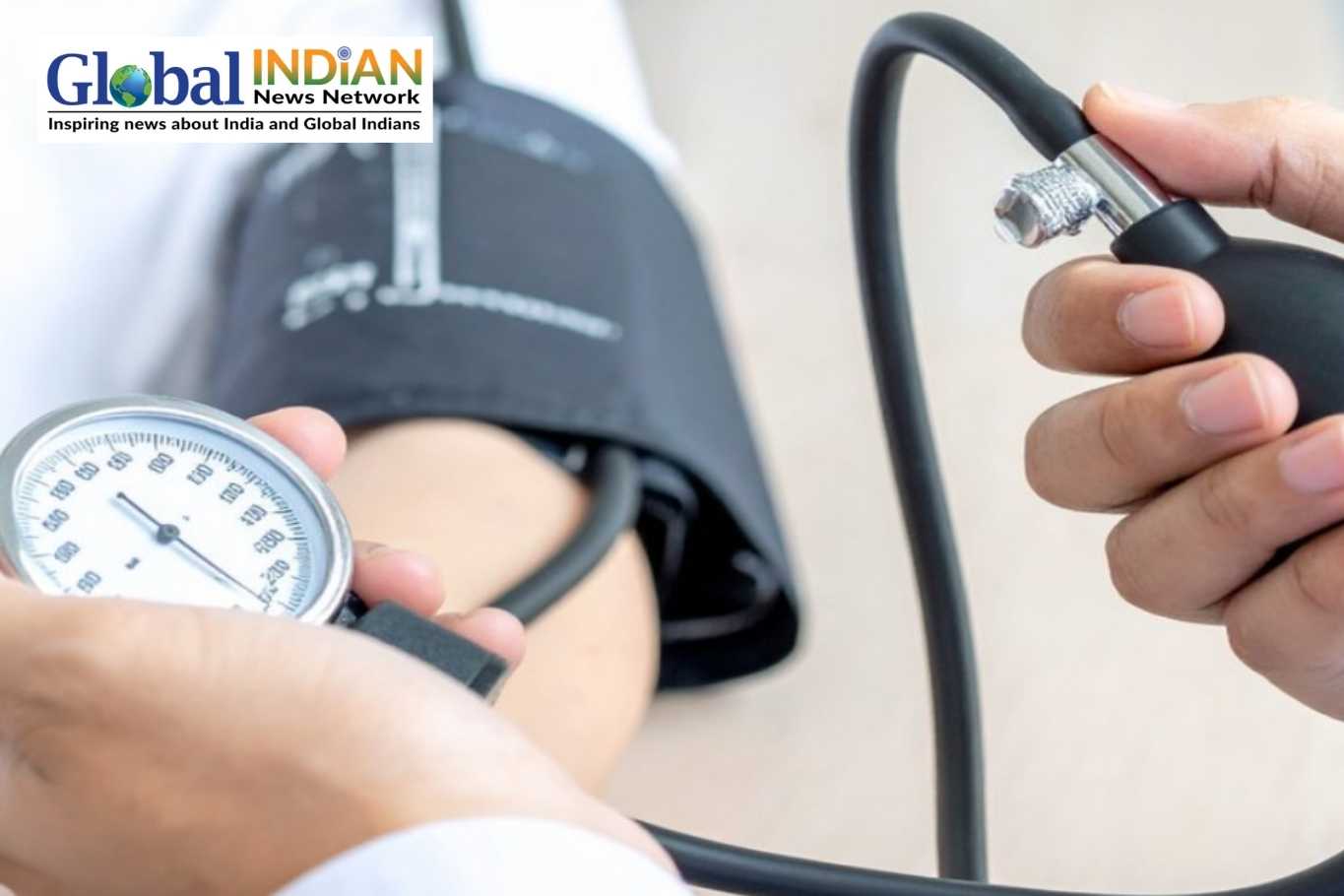
Past studies indicate that physical activity can reduce the risk of major cardiovascular events (MACE) like heart attacks and strokes. The lack of physical activity is linked to millions of deaths annually and is a key factor in cardiovascular diseases.
Dr. Emmanuel Stamatakis, lead author of a recent study published in the British Journal of Sports Medicine, highlights that while structured exercise programs such as gym sessions are effective, only a small percentage of middle-aged and older individuals follow them regularly. The study focuses on a more accessible option: short bursts of vigorous intermittent lifestyle physical activity (VILPA), such as taking the stairs instead of an elevator or carrying groceries over a short distance, which may help reduce the risk of cardiovascular diseases.
Researchers analyzed data from over 103,000 participants who wore activity trackers for a week between 2013 and 2015. The study found that women who averaged just 3.4 minutes of VILPA daily had significantly lower risks of heart attacks, heart failure, and other MACE. Even smaller amounts, like 1.2 to 1.6 minutes of VILPA, showed a marked reduction in heart failure and heart attack risks in women.
For men, 5.6 minutes of VILPA daily resulted in a 16% reduction in MACE risk, though no significant differences were found for specific types of cardiovascular events. The study suggests that women generally engage in higher intensity bursts of VILPA than men, possibly explaining the more significant benefits observed in females.
Experts are optimistic about these findings. Dr. Cheng-Han Chen and Dr. Rigved Tadwalkar noted that incorporating brief, intense physical activities like taking the stairs or doing jumping jacks throughout the day could offer an accessible way for people to improve heart health.
For those interested in increasing their daily VILPA, activities such as briskly walking up stairs or carrying heavy items for short distances can provide substantial heart health benefits. Setting reminders or using wearable devices to prompt movement every hour is another effective strategy.











